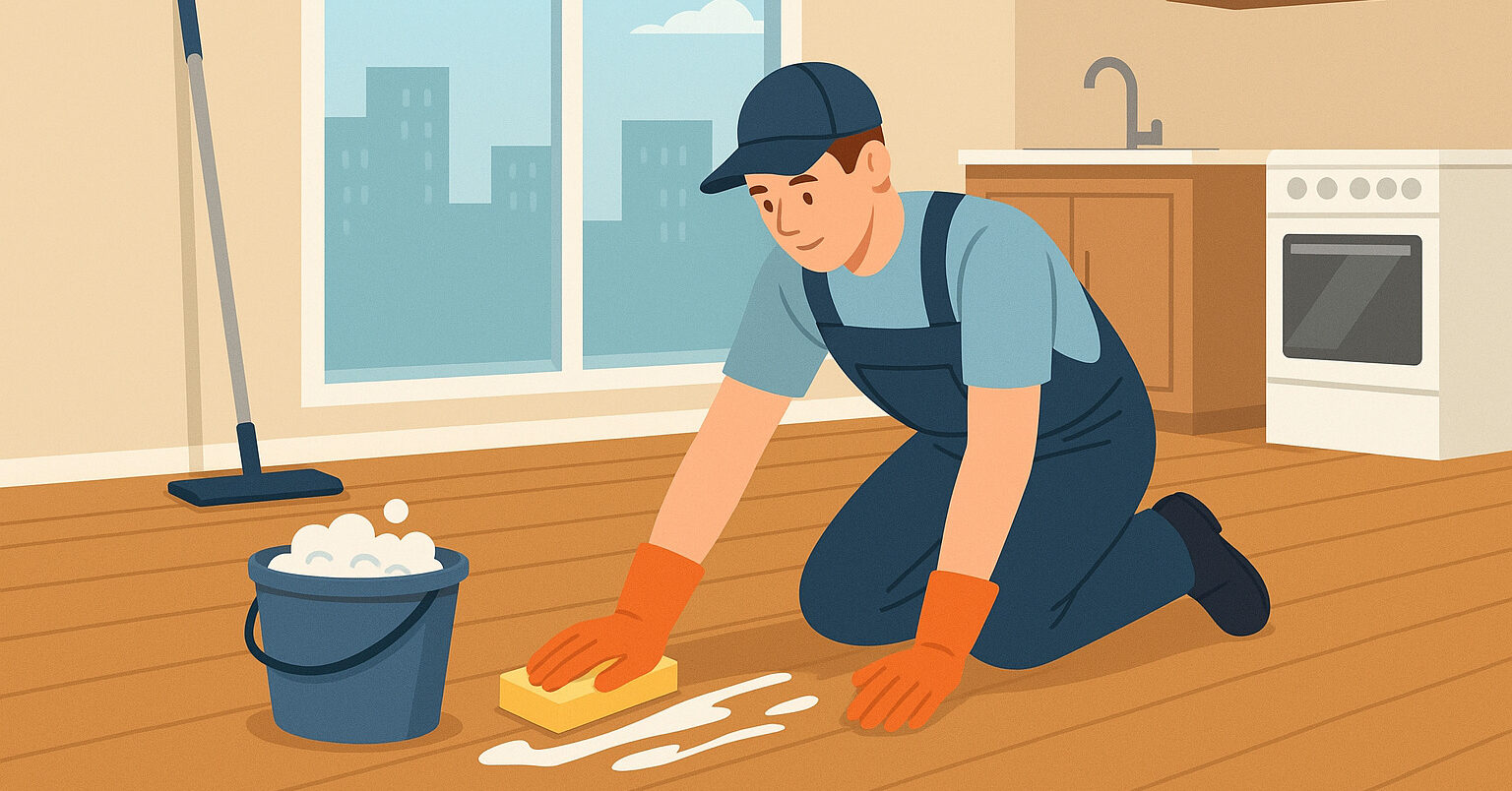ブログ
2025-05-07
Restoration to Original Condition in Japan

Restoration to Original Condition in Japan: What Foreign Renters Need to Know
Moving out of a rental apartment in Japan? Don’t be surprised if you’re asked to pay a cleaning or repair fee. In Japan, tenants have a legal obligation to restore the apartment to its original condition, a concept known as “genjō kaifuku” (原状回復). This guide explains what that means, what you’re responsible for, and how to protect your rental deposit.
What Does “Restoration to Original Condition” Mean in Japan?
The term genjō kaifuku refers to your responsibility to return the rental apartment in the same condition when you moved in—excluding normal wear and tear.
It doesn’t mean making the apartment look brand new. Instead, it focuses on cleaning and fixing anything you damaged during your stay.
Normal Wear and Tear vs. Damage You Must Pay For
It’s important to understand the difference between normal aging and tenant-caused damage.
✅ Normal Wear and Tear (You Are NOT Responsible):
- Fading wallpaper from sunlight
- Light scratches on floors
- Minor dust or discoloration
❌ Tenant-Caused Damage (You May Be Charged):
- Holes in the walls from nails or pins
- Mold caused by poor ventilation
- Scratches from rough furniture handling
- Stains, burns, or pet-related damage
These repair costs are usually deducted from your security deposit (shikikin).
Is Professional Cleaning Required?
Yes. Professional cleaning after moving out is standard in Japan. Most rental contracts include a cleaning fee, which will be deducted from your deposit or be charged right before you leave the room even if the apartment looks clean.
Tips to Protect Your Deposit When Renting in Japan
- Take photos and document the condition when you move in.
- Use removable hooks instead of nails.
- Ventilate regularly to avoid mold.
- Clean periodically and report issues early.
- Read your lease carefully for clauses on cleaning and repair fees.
What Happens During the Move-Out Process?
- Notify your landlord at least 1 month in advance.
- An inspection will be arranged with the landlord or agent.
- You’ll receive a report on deposit deductions.
- If needed, consult services like Hōterasu (Japan Legal Support Center).
Final Advice for Foreign Renters in Japan
Understanding Japanese rental rules especially the concept of restoration to original condition can help you avoid surprise charges. With good preparation and communication, you can leave your apartment in good shape and recover most (or all) of your deposit.